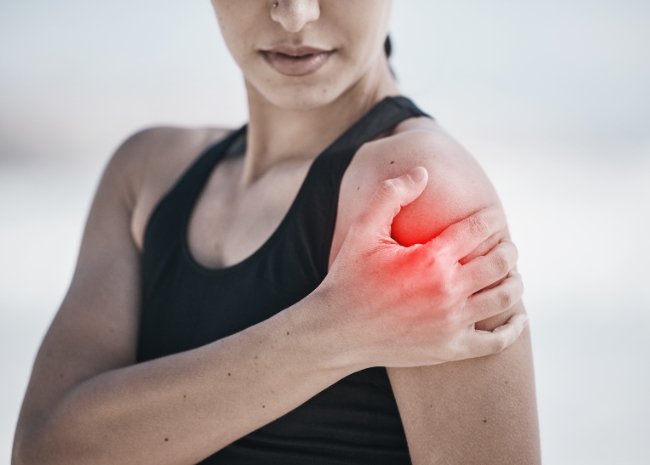
Arm Pain In Athletes: What’s Really Causing It?
Who is Dr. Brian Duncan?

Dr. Brian Duncan serves as Director of Memorial Hermann’s Division 1 Fellowship in collaboration with Texas A&M University and the University of Houston. Additionally, he serves as the Director of Memorial Hermann Rockets Sports Medicine Institute at Shepherd Square.
He holds his clinical doctorate in physical therapy, is board-certified in both orthopeadic & sports physical therapy, and is a Fellow in the American Academy of Orthopaedic and Manual Physical Therapists.
Dr. Duncan’s clinical interests and expertise focus on post-operative care of the hip and knee, conservative management of the painful athletic hip, and return-to-sport progressions.
Additionally, he enjoys clinical research of the hip, knee, and upper extremity and is passionate about elevating the delivery of care in the sports medicine space through post-graduate residency and fellowship education.
Who is Dr. Sean Kennedy?

Dr. Sean Kennedy is a Board-Certified Clinical Specialist in Sports Physical Therapy. He earned his Doctorate of Physical Therapy Degree from St. Louis University in 2017, and received his residency training at Texas Health Sports Medicine in Fort Worth, Texas.
Over his career, Sean has worked closely with renowned surgeon Dr. John Conway, leveraging a direct experience working with large volumes of overhead athletes of all types and levels of play.
He has also dedicated his career to research with the goal of improving the care of overhead athletes, specifically working towards his PhD in Physical Therapy at Texas Woman’s University.
His dissertation aims are twofold:
- To establish in vivo methodologies for appraising elbow joint biomechanics and
- Developing in vivo modeling processes for the ulnar collateral ligament in overhead throwers.
Sean has presented his research on national stages at orthopedic and sports medicine conferences, and has published his work in top impact-factor journals such as the American Journal of Sports Medicine.
These combinations of experiences in clinical care and research have driven an evidence-based approach to the care of overhead throwing athletes, both to maintain arm health and performance, and by means of recovery through efficient and targeted rehabilitative therapy to return each athlete to their prior level of performance.
Register Now!
Date: 4/29/25
Time: 8:00pm-9:00pm EST
Cost: Free!
Location: Microsoft Teams Webinar – Click Here to Register!




